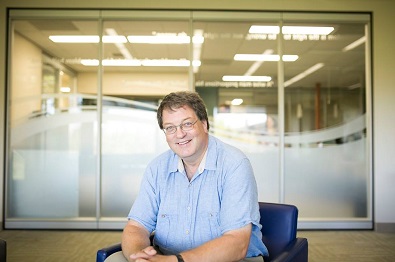On Thursday, the University of Saskatchewan released its independent report on the Carrie Bourassa situation.
Bourassa was a health professor at the university who officially resigned her position in June following reports from last year that called her claims of Indigenous identity into question.
The report from the university, says the U of S was unprepared for Indigenous identity fraud as they solely relied on self-identification to determine someone’s claims of Indigenous identity.
This past summer, the university established new policy that requires staff and students claiming Indigenous identity to provide some sort of verification.
The report is recommending other post-secondary institutions follow suit.
Expert says report not surprising, but issue remains complicated
In a conversation with MBC News, Dr. Ken Coates a professor at the U of S’s Johnson Shoyama Graduate School of Public Policy and a nationally renown expert on Indigenous relations, says the report wasn’t surprising, but “it shows how difficult this whole process is going to be.”
“I don’t think we have solved this yet and I don’t think we ever will,” said Coates.
Coates believes the recent policy adopted by the university around claims of Indigenous identity and the recommendations laid out in this recent report may be the best process so far.
“We’re just basically telling people we wanted to take this very, very seriously,” he said. “We want Indigenous communities to feel that the people that the university hires, or that any institution hires, if they’re claiming to be indigenous, are appropriate in that context. So this is not the end. This is not the last thing you’re gonna hear of this one. This issue will come back and forth many, many times in the years to come.”
Coates ultimately believes Indigenous communities and governments should have the final say on these matters.
“And I guess what the university system basically says, it says it’s up to you as an adult to go and make those connections with community, show them your sincere… whether it’s an official Indian Act membership roll or not… but show basically that you belong.”
Mary-Ellen Turpel-Lafond
The situation is complicated further by the Mary-Ellen Turpel-Lafond situation who has been the subject of recent reporting by the CBC who have called her claims of Cree ancestry into question.
Turpel-Lafond is a prominent lawyer who is a current professor of law at the University of British Columbia.
The difference between Turpel-Lafond and the Carrie Bourassa situation is that Turpel-Lafond has been claimed by Muskeg Lake Cree Nation as a member of their community while others have called for her to face repercussions following the CBC report.
While Coates believes anyone is entitled to their own opinion he pointed again to his belief that Indigenous communities and governments should have the final say on these matters.
“So if the community says, there’s technical stuff out there that we’re not gonna judge one way or the other on our terms and our time, but this person is a member of our community, I’m okay with that,” said Coates.
“I think Mary Ellen may have to answer for some of the technical questions and those might be very awkward and uncomfortable. But those are those are her issues. But the question of of whether she’s validated by community seems to me have been answered quite clearly.”
